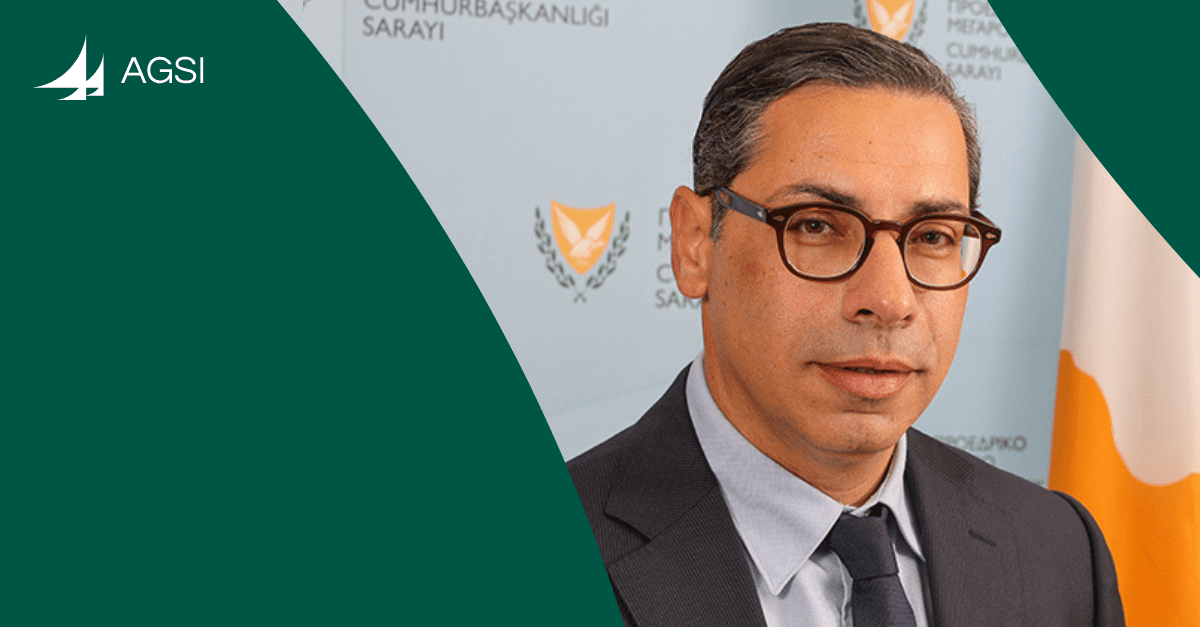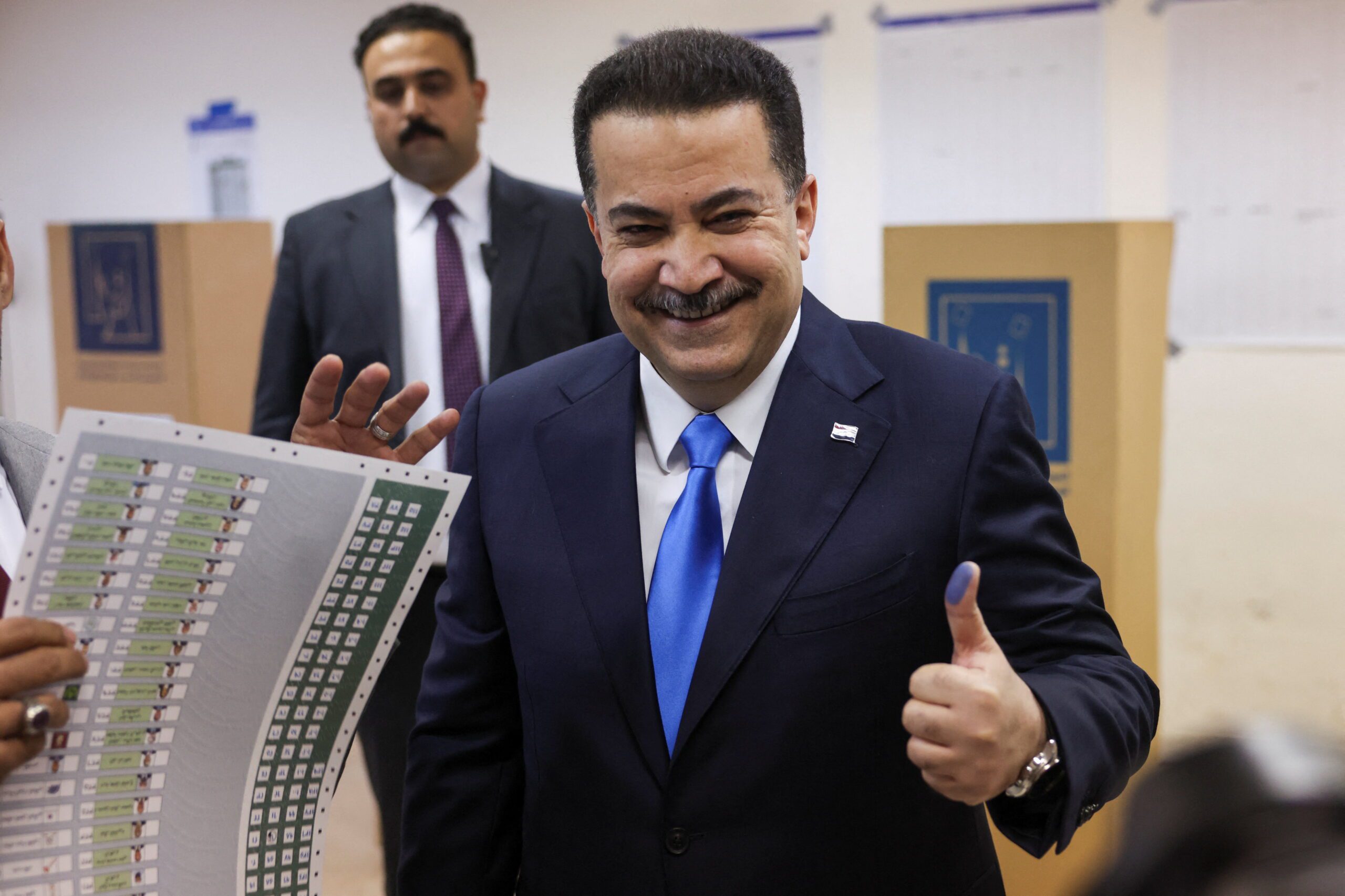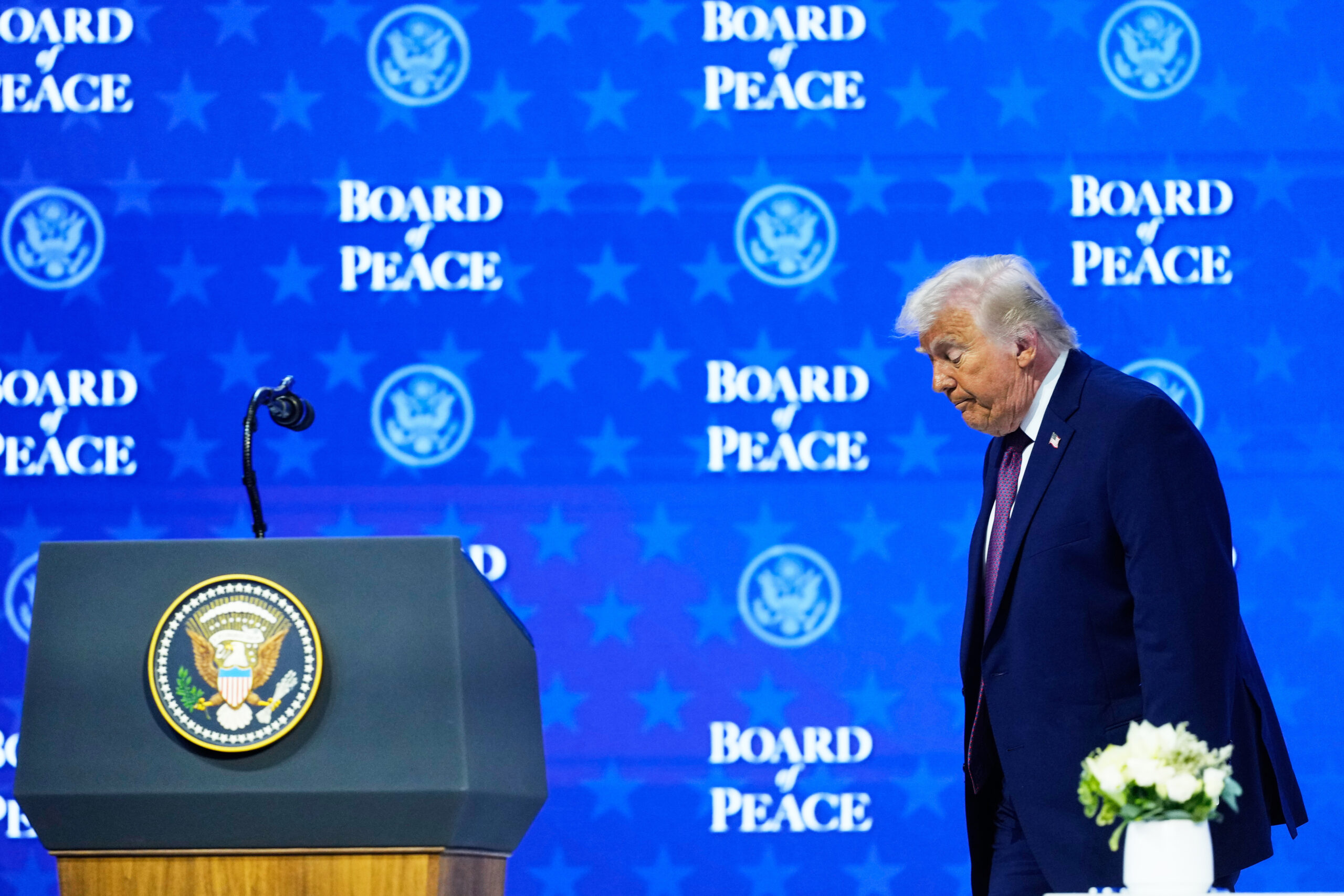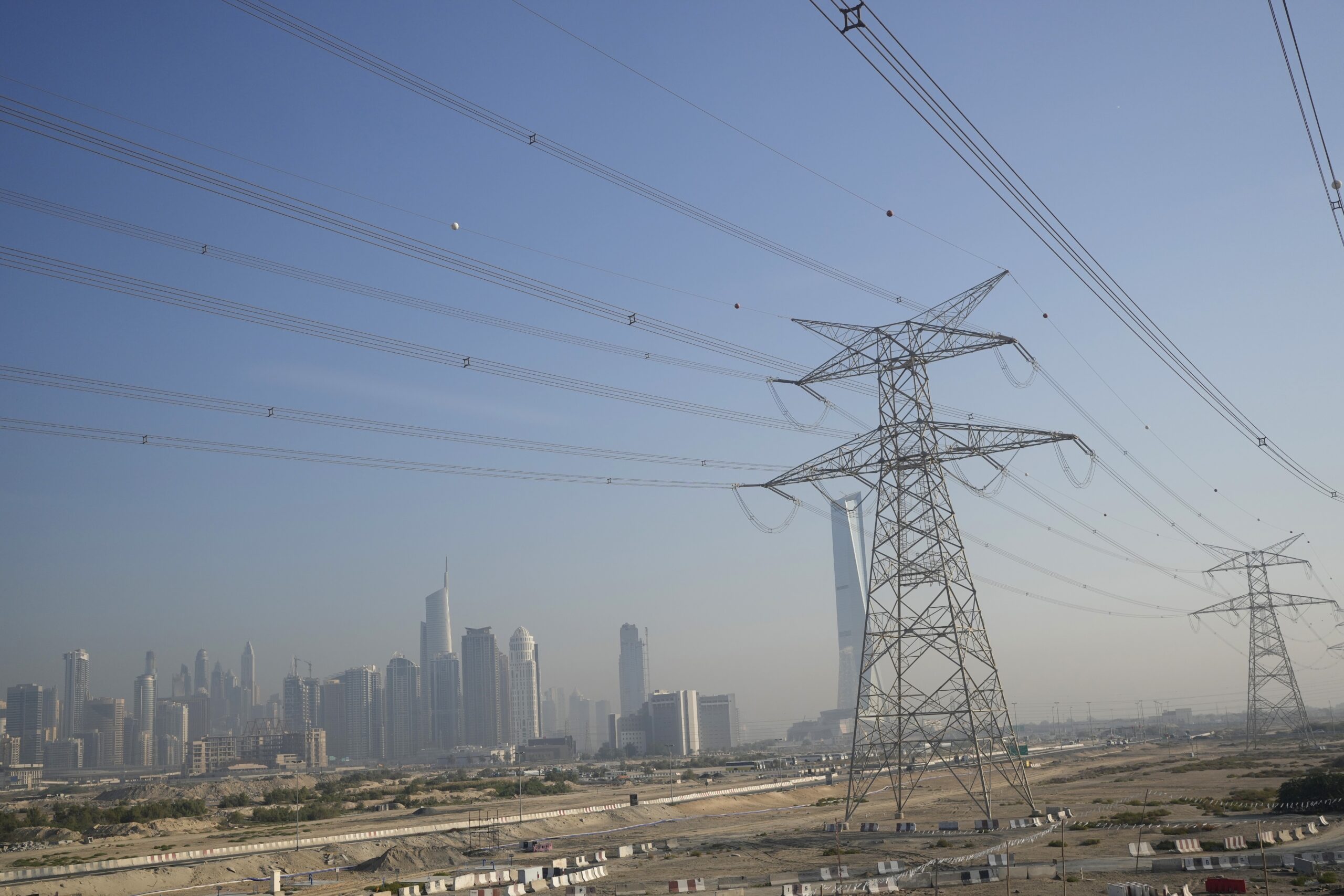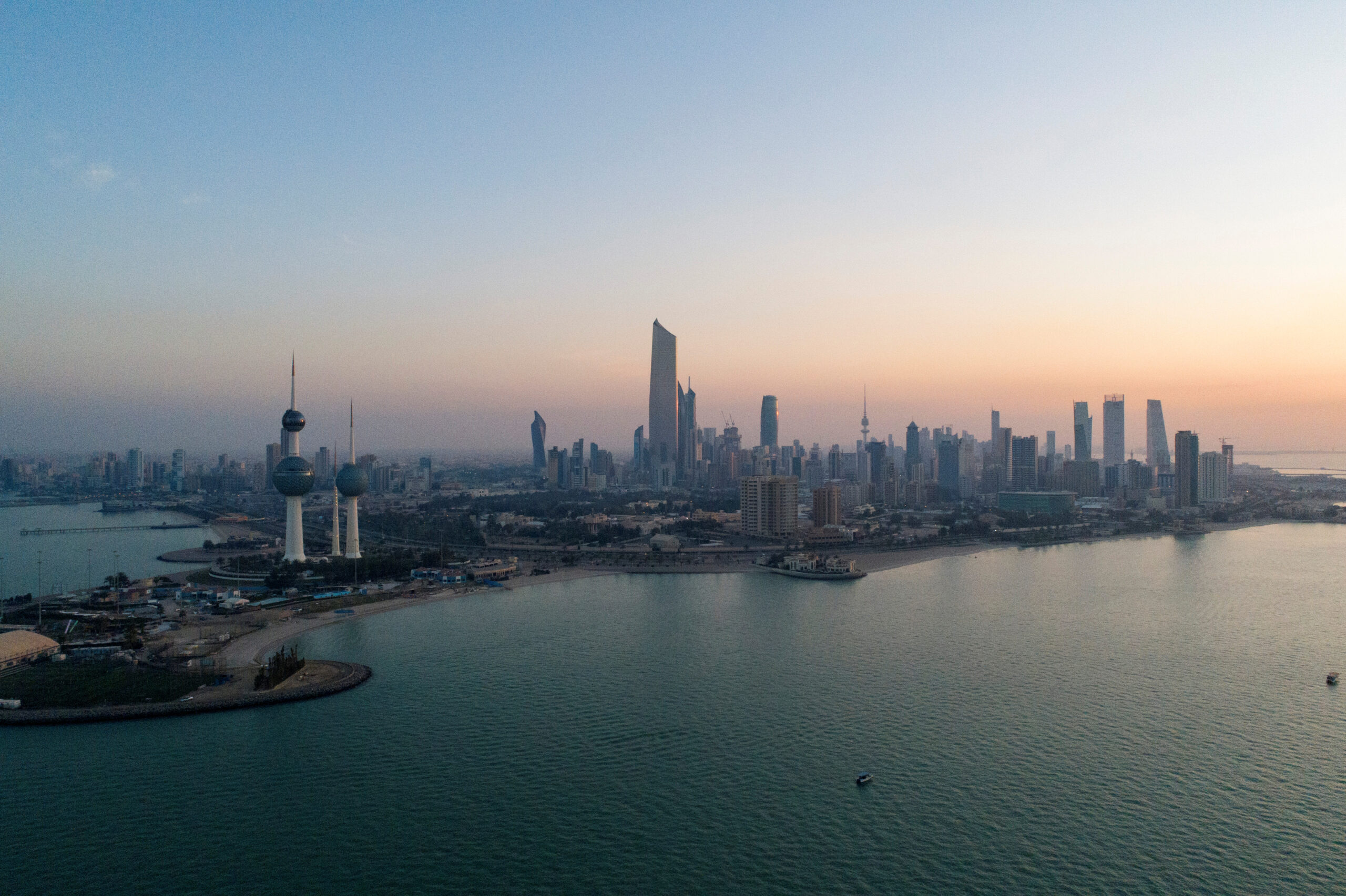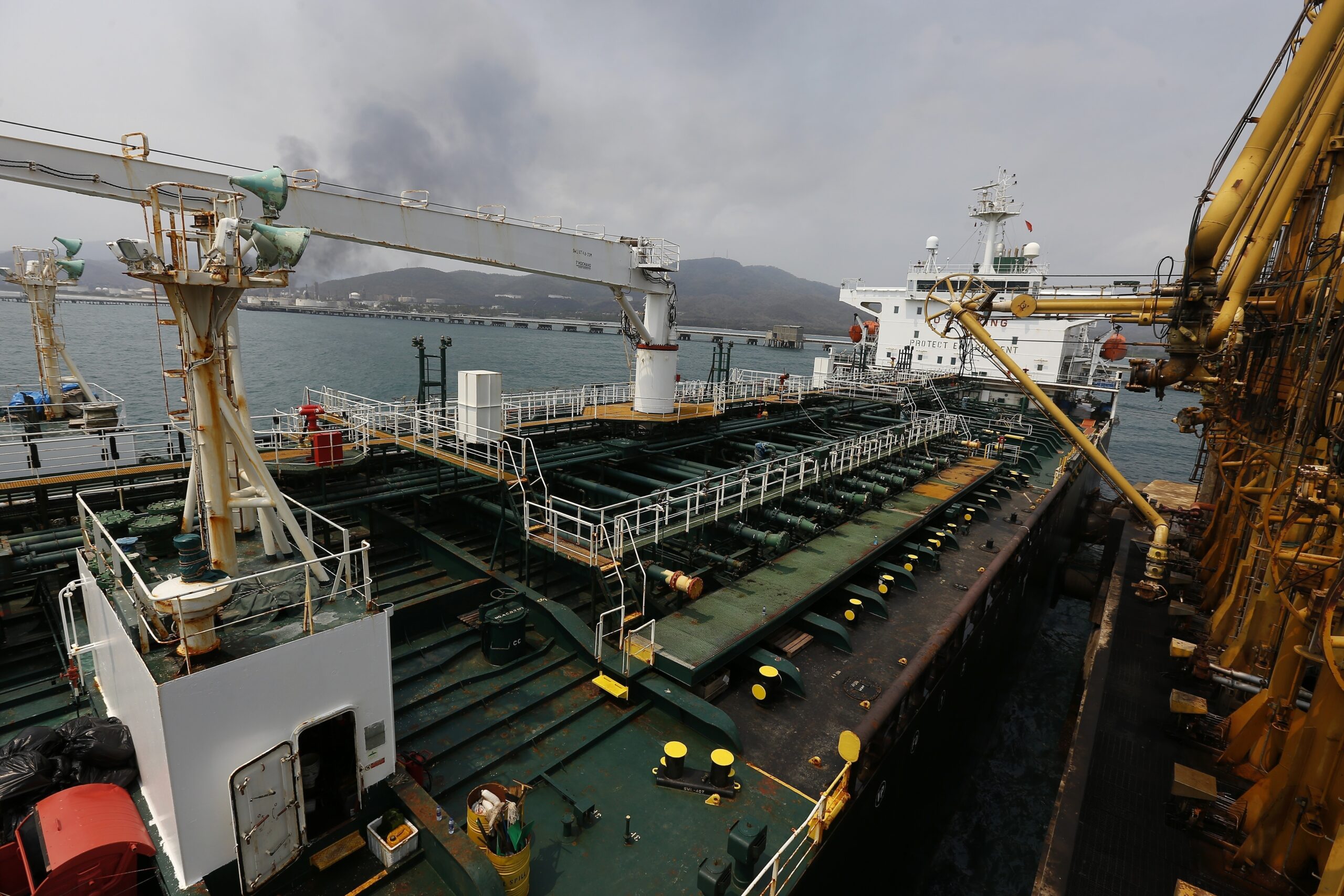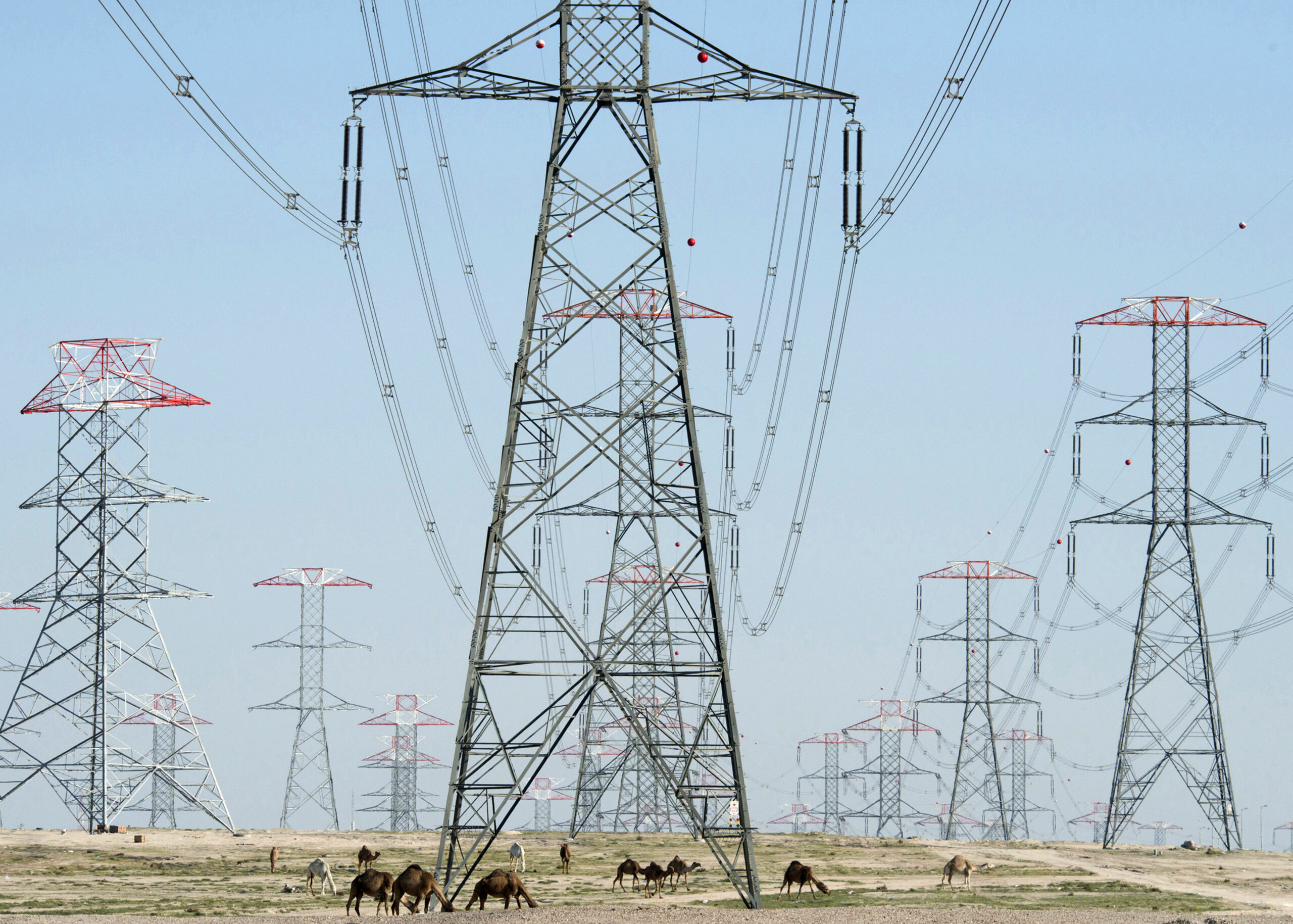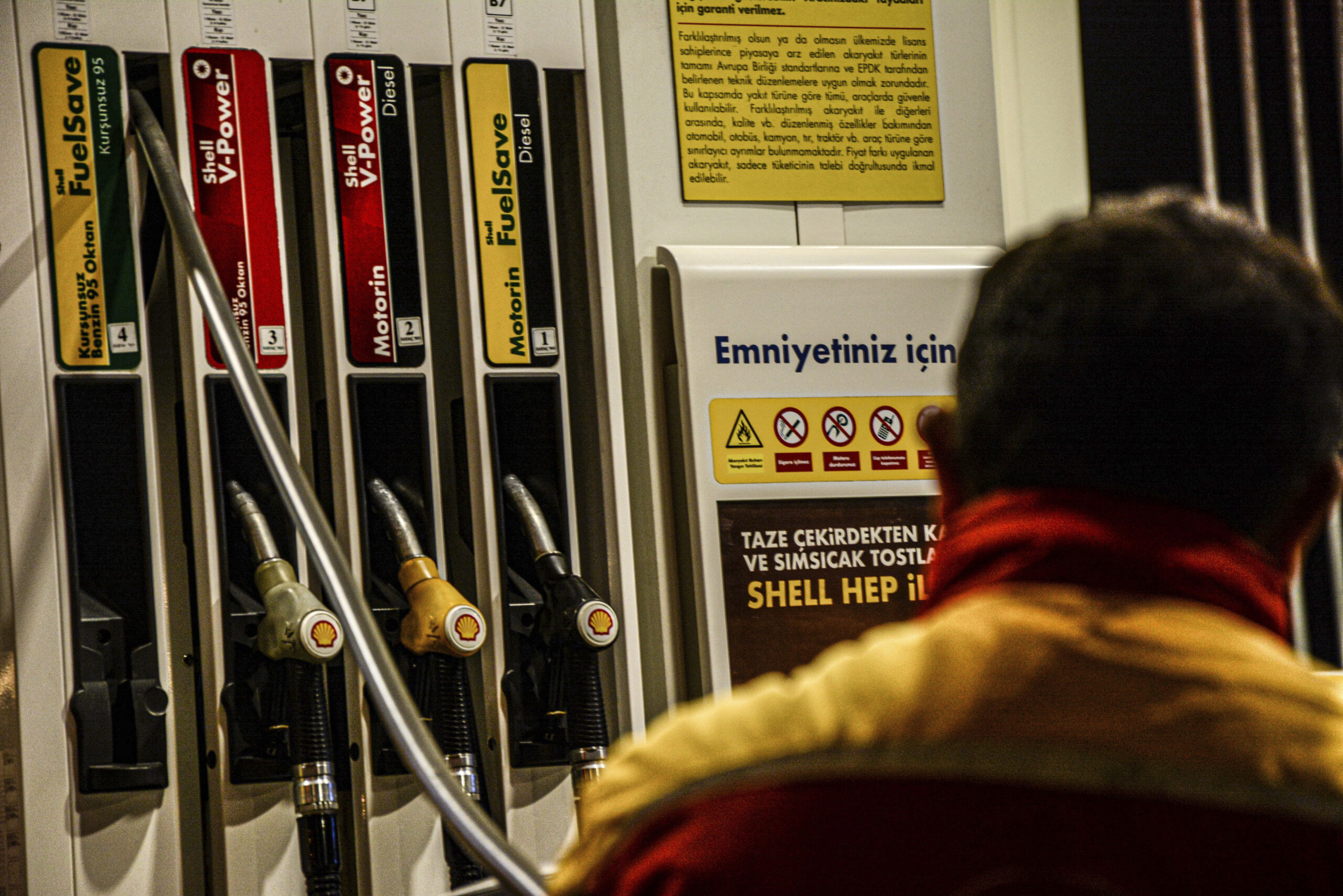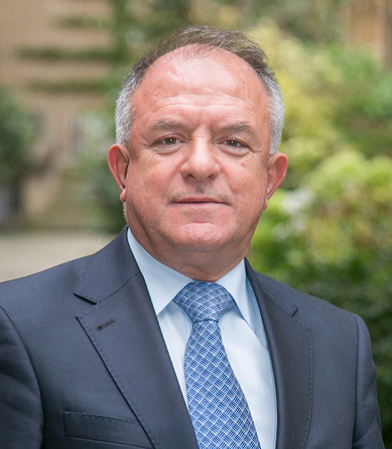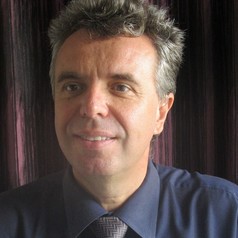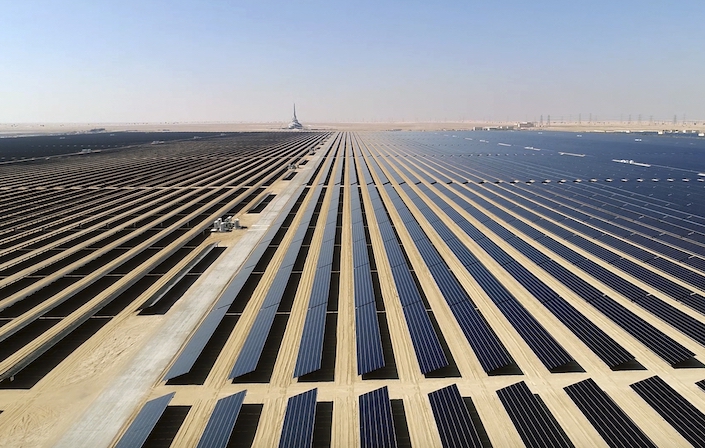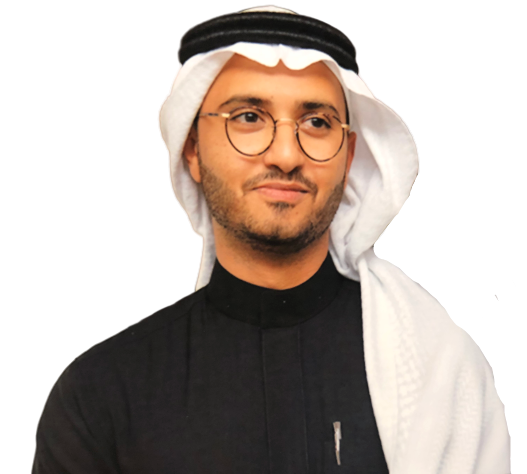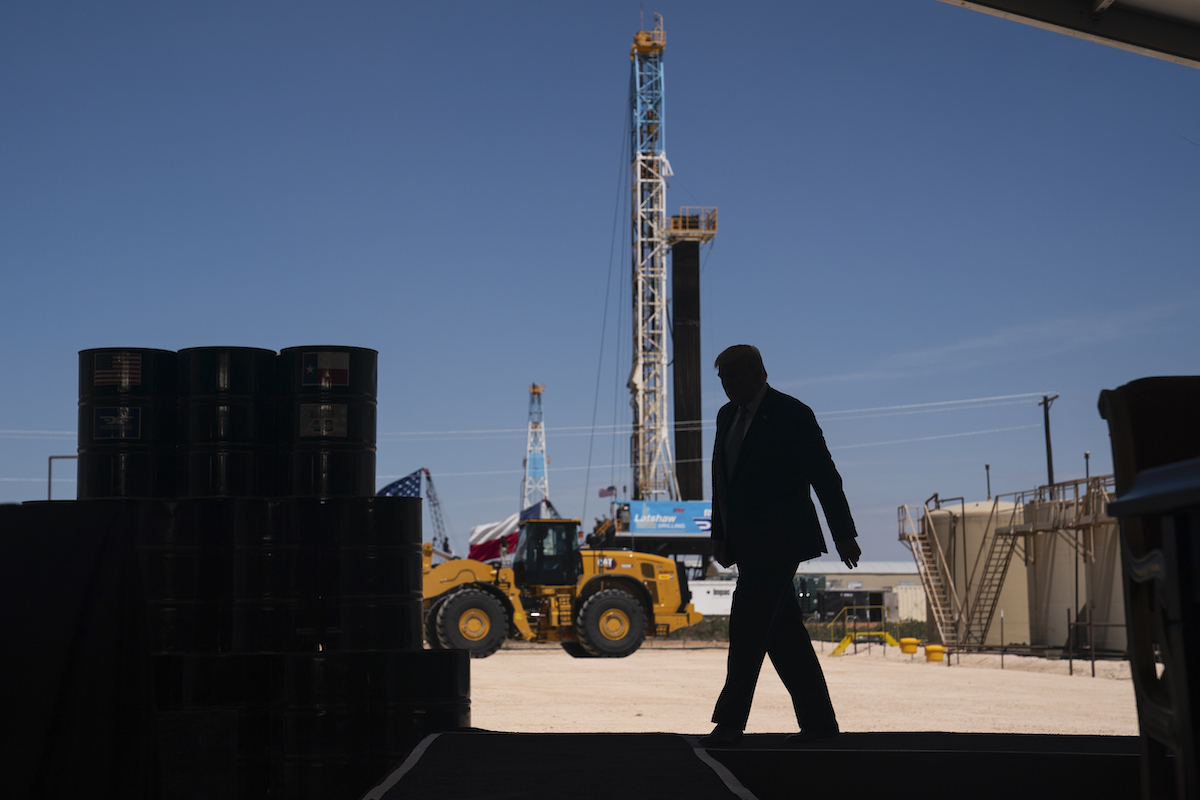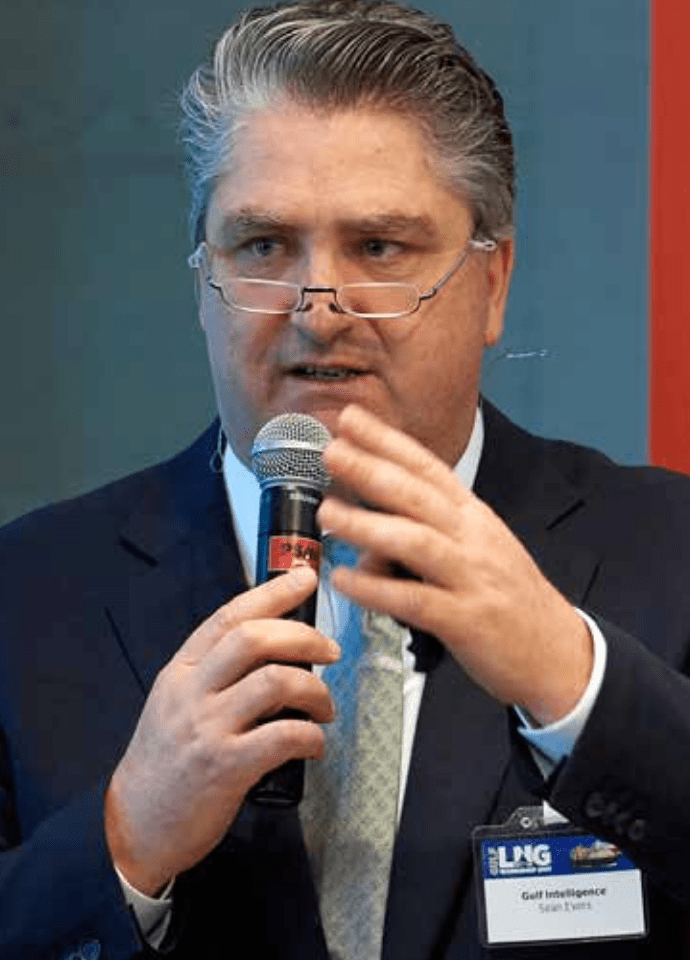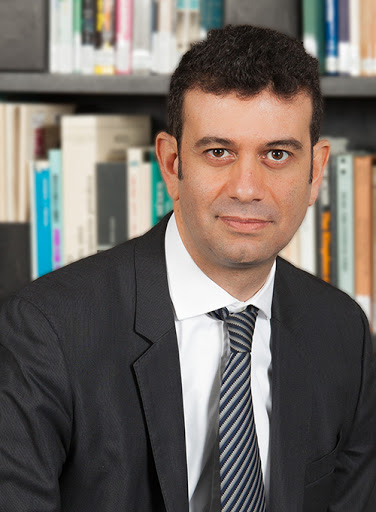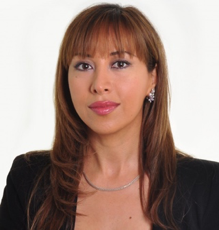The European Union and Gulf Energy: A Gateway for Cooperation
In recent years, the EU has been inattentive to the GCC, but the immediate Ukrainian crisis and the long-term climate crisis have combined to jolt Brussels out of this complacency.
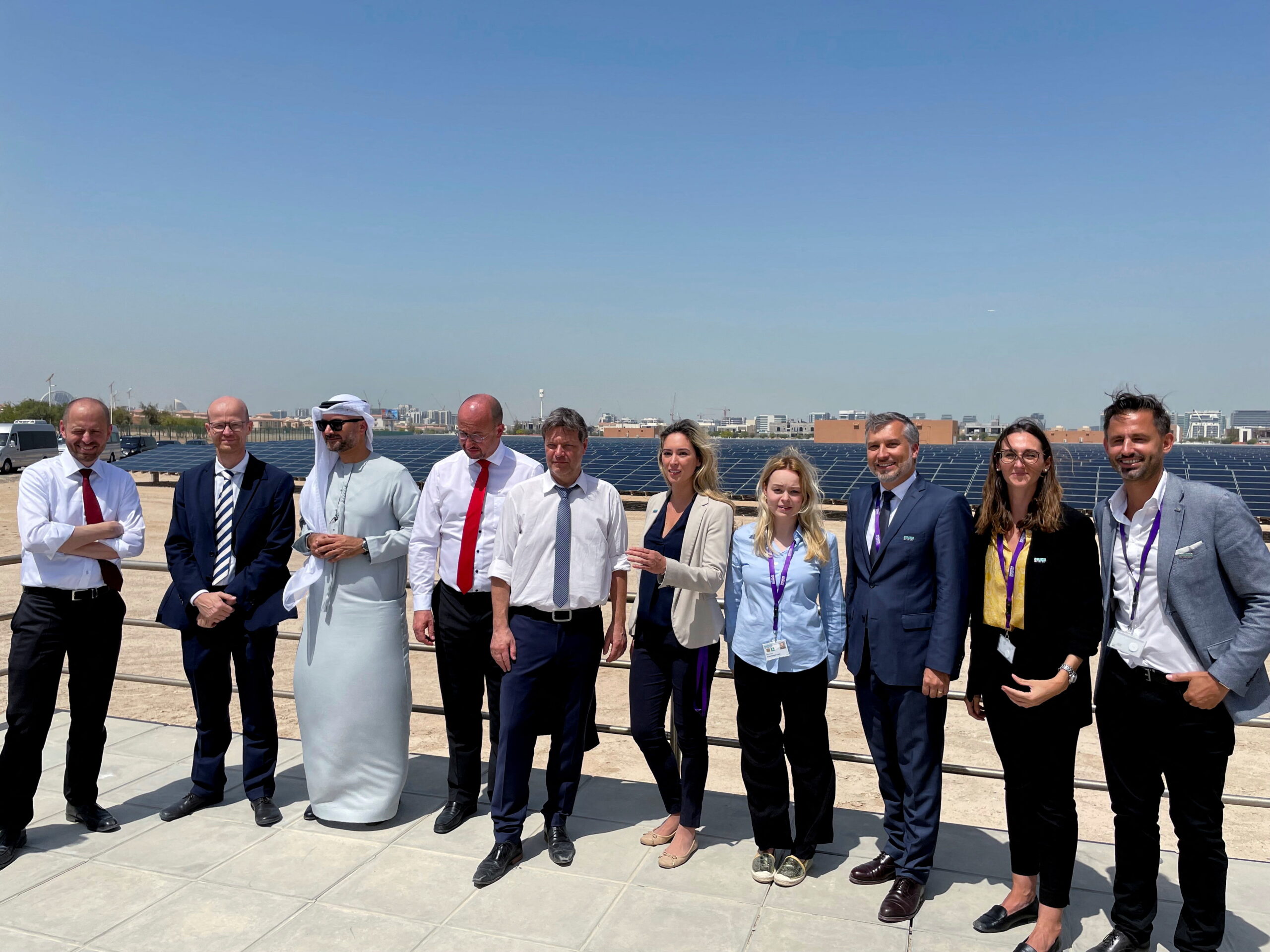
At its closest point, the European Union lies just 164 miles from the Middle East. Turkey, the EU’s associate and single market member Turkey, adjoins two of the region’s most energy-rich states, Iran and Iraq. Yet it has taken Russia’s invasion of Ukraine to remind Brussels of the region’s importance. Because of Russia’s actions, the EU wants to cut purchases of Russian gas two-thirds by 2023 – a goal that it seems Russia will preempt (by refusing such sales) – and phase out 90% of oil imports from its eastern neighbor this year.
Highlighting the importance the EU places on stronger relations with the Gulf Cooperation Council and its member states, particularly in the current context, the European Commission and the European Council released a joint communication on “a strategic partnership with the Gulf” May 18. On the same day, the European Commission announced the REPowerEU plan, intended to speed the bloc’s transition away from fossil fuels and especially from dependence on Russia.
The EU’s energy cooperation with Middle Eastern states has lagged despite proximity. This is largely due to the EU’s strict focus on renewables and climate issues, unwillingness to deal with anything connected to fossil fuels, aversion to offering hard security, and political concerns. Specific Middle Eastern and North African states have their own problems as credible energy partners for Europe. Iran is prickly to deal with at the best of times, and cooperation is in abeyance until and unless the dispute over Iran’s nuclear development program can be resolved, which is primarily in the hands of the United States. The EU could do much more in Iraq, but, with Baghdad still lacking a permanent government and troubled by the Baghdad-Kurdish split, it is tricky for the EU to engage effectively on energy issues. Libya is mired in civil conflict, and its energy resources do not seem to feature strategically in European capitals. Various European ministers have toured Algeria, Egypt, Israel, and Azerbaijan looking for more gas, but the potential boost is relatively modest.
So, the GCC is the key target – though it is unclear yet which countries and which energy sources will play the main role. And there are a number of hurdles to establishing stronger EU-GCC energy relations. The tendency of European states, including the post-Brexit United Kingdom, to act unilaterally and even competitively is one problem. The lack of unity of views and policy within the GCC is another. Further, several GCC states continue their energy and political cooperation with Moscow, especially through the OPEC+ agreement among OPEC and non-OPEC oil producers on production levels.
Despite such challenges, March was a busy month for advancing Gulf-European energy ties. German Economy Minister Robert Habeck visited Doha and Abu Dhabi for talks on increasing supplies of liquefied natural gas to Germany and securing a hydrogen deal. British Prime Minister Boris Johnson went to Abu Dhabi and Riyadh to appeal, unsuccessfully, for a rise in oil production. Then-French Foreign Minister Jean-Yves Le Drian met Qatari Minister of State for Energy Affairs Saad Sherida al-Kaabi in Doha and also toured Oman and Kuwait. And Italian Minister of Foreign Affairs Luigi Di Maio, after a diplomatic debacle in Abu Dhabi in 2021, appeared in Qatar along with the head of oil and gas group Eni.
In return, Qatari Emir Tamim bin Hamad al-Thani visited Paris and Berlin in late May and signed a roadmap on energy cooperation with Germany. Eni and TotalEnergies of France were the first two announced winners of stakes in Qatar’s massive LNG expansion. The U.K.’s BP has meanwhile built on the 2021 strategic cooperation agreements on hydrogen with the Abu Dhabi National Oil Company and the emirate’s clean energy vehicle Masdar.
In contrast to this flurry of national activity, European Commission Vice-President Frans Timmermans and Energy Commissioner Kadri Simson have not yet visited Riyadh, after a trip was planned for March. There is a significant divergence in the EU member states’ broad energy outreach to the Gulf from U.S. energy diplomacy efforts, which have focused mainly on Saudi Arabia.
In the GCC, only Qatar is a significant gas supplier to the EU – indeed, vying with the United States and Australia as the world’s biggest LNG provider – while five of the six GCC members are top global oil exporters. The Gas Exporting Countries Forum, which includes Russia, is headquartered in Doha.
On the other hand, three GCC states are OPEC members, and two of the others (Oman and Bahrain) adhere to the OPEC+ pact that includes Russia. The exception is Qatar, which withdrew from OPEC in December 2018 and has not joined the OPEC+ framework. Saudi Arabia is OPEC’s de facto leader, and only it and the United Arab Emirates retain significant spare oil production capacity, about 3 million barrels per day between them. Saudi Arabia’s oil sales to eastern Europe have grown during the current crisis, and in January the kingdom had already taken strategic positions by buying stakes in, and committing to crude supply agreements with, refineries in Denmark and Poland.
Having set net-zero carbon targets in the coming decades and with their increasingly active environmental diplomacy, including the UAE’s hosting of the 2023 U.N. climate conference COP28, and their growing investment in renewables and hydrogen at home and abroad, the Gulf states are becoming more palatable partners for Europe from a climate viewpoint. These efforts position the Gulf states to become future exporters of clean energy and materials but also major importers of low-carbon equipment and technology, which could come from Europe, China, or elsewhere.
The strategic partnership communiqué expresses some of the European Commission’s preoccupations. It mentions renewable energy 15 times, hydrogen 10 times, and natural gas eight times. However, oil is referenced only at three points. The “green transition” features 15 times, while “energy security” is only cited on four occasions. Neither OPEC nor the Gas Exporting Countries Forum makes a single appearance, nor does China, probably a wise diplomatic omission. The United States is mentioned solely in the context of negotiations with Iran.
The strategic partnership aims to address several tasks. First, the EU is attempting to square the circle of needing more hydrocarbons in the short term while redoubling its long-term goal to get off them entirely. While recognizing that there is not much even the GCC states can do to help Europe out of its energy hole in the short term, Brussels needs to maximize the medium-term cooperation, especially as oil capacity in the UAE and Saudi Arabia and LNG output in Qatar gear up in the mid-2020s.
Second, the EU needs to offer the Gulf states something, beyond being a supplicant for favorable treatment on oil and gas exports. Proximity and complementarity make EU states more natural energy partners for the Gulf states than the United States represents. This potential EU-Gulf energy partnership includes enhanced market access, bidirectional investment opportunities, technology co-development, and the creation of low-carbon supply chains, particularly for hydrogen. Broader relevant areas of cooperation, referenced in the joint communiqué, include action on desertification, food security, desalination, arid climate agriculture, recycling, and the circular economy. Nuclear safety (though not nuclear power) is also mentioned.
Diplomatic cooperation with Iran and Israel, with due deference to the Gulf Arab states’ concerns, is well addressed, as is the possibility of assistance with long-term economic diversification and the need for respect for human rights. The Global Gateway, Europe’s counter to China’s Belt and Road Initiative, REPowerEU, and the European Green Deal all receive mention as overarching structures of cooperation that would have a strong energy-environmental purpose. The GCC states’ wealth and growing technological sophistication offer the potential for triangular collaboration on sustainable energy projects throughout the wider Middle East, Africa, and Asia.
Third, the EU attempts to embed the Gulf states as its long-term low-carbon energy partners, implicitly a move against Moscow and to some extent Beijing, without forcing them to choose sides today. In this regard, the GCC states will need to bear in mind that they are somewhat geographically disadvantaged relative to North Africa in providing hydrogen and renewable electricity to Europe, and that Morocco and Egypt in particular are already in well-advanced discussions.
Since the 1989 EU-GCC Cooperation Agreement and the end of free-trade negotiations in 2008, Brussels has been inattentive to the GCC even while some member states of both blocs have advanced bilateral relations. The immediate Ukrainian crisis and the long-term climate crisis have combined to jolt the EU out of this complacency.
The new strategic partnership still has too much European dogma and insufficient attention to unwelcome new global realities, especially the divergent positions on Russia’s global energy role. But it contains many good ideas that may make it a gateway for real progress rather than another unfinished foundation.
The views represented herein are the author's or speaker's own and do not necessarily reflect the views of AGSI, its staff, or its board of directors.

